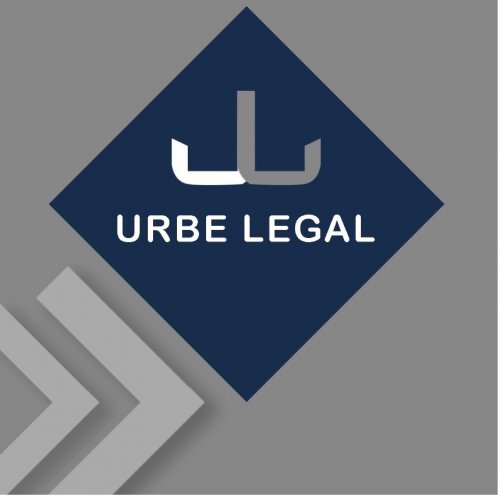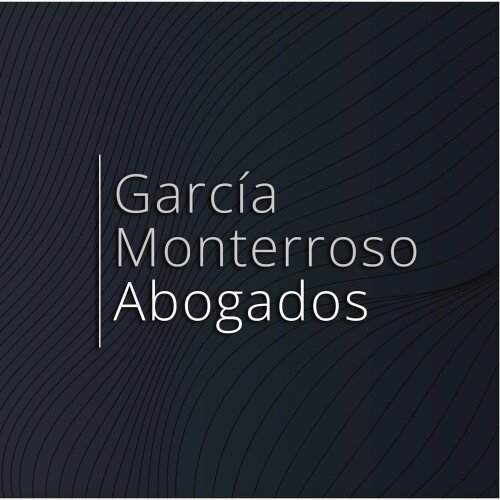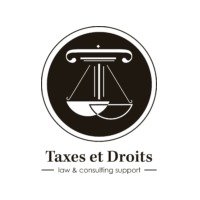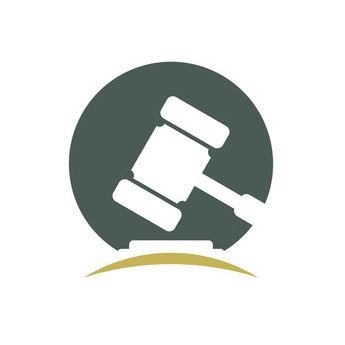Best International Trade Law Lawyers in Guatemala
Share your needs with us, get contacted by law firms.
Free. Takes 2 min.
Or refine your search by selecting a city:
List of the best lawyers in Guatemala
About International Trade Law in Guatemala
International Trade Law in Guatemala governs the rules and regulations related to cross-border transactions and commerce. Guatemala is an integral part of the Central American economy and a member of various international trade organizations such as the World Trade Organization (WTO). The legal framework is designed to facilitate trade through customs regulations, trade agreements, and rules on import and export activities. The laws are influenced by the global norms and standards that Guatemala adheres to through various bilateral and multilateral treaties and trade agreements.
Why You May Need a Lawyer
Individuals and businesses may need a lawyer for several reasons related to International Trade Law in Guatemala. Common scenarios include understanding the legal implications of cross-border trade agreements, ensuring compliance with import and export regulations, handling disputes related to international sales contracts, and navigating the complexities of customs duties and tariffs. Lawyers can also assist in intellectual property matters related to international trade and offer guidance on foreign investment regulations.
Local Laws Overview
The local laws in Guatemala that are particularly relevant to International Trade Law include regulations on customs duties, tariff classification, trade facilitation, and the import and export procedures. The country has free trade agreements with several countries, including prominent agreements like the Central America-Dominican Republic Free Trade Agreement (CAFTA-DR). Local conformity to international laws such as the ones set forth by the World Trade Organization means that traders must stay informed about both local and international trade regulations. Additionally, Guatemalan intellectual property laws and regulations concerning foreign investment and environmental standards must be considered in commercial activities.
Frequently Asked Questions
1. What are the main organizations governing international trade in Guatemala?
International trade in Guatemala is primarily governed by the Ministry of Economy and the Customs Authority. Guatemala is also a member of international organizations such as the WTO, influencing its trade laws.
2. Do I need a license to import goods into Guatemala?
Yes, importers must have the necessary licenses and permits depending on the type of goods. Often, permission from relevant governmental bodies is required.
3. What is CAFTA-DR?
CAFTA-DR stands for the Central America-Dominican Republic Free Trade Agreement, a treaty promoting trade between the US, Central American countries, and the Dominican Republic. It facilitates reduced tariffs and duty-free access for many products.
4. How do Guatemalan customs duties work?
Customs duties in Guatemala are based on the Harmonized System (HS) of tariff nomenclature. The rate depends on the classification of goods, their origin, and applicable trade agreements.
5. Are there special trade zones in Guatemala?
Yes, Guatemala has Free Trade Zones where businesses can benefit from special trade advantages such as tax exemptions and simplified customs procedures.
6. What is the role of DIACO in trade?
The Directorate for Consumer Protection (DIACO) ensures fairness in trade by enforcing consumer rights and trade-related regulations, protecting against fraudulent business practices.
7. How can I resolve trade disputes in Guatemala?
Trade disputes can be resolved through legal proceedings in Guatemalan courts, arbitration, or mediation. It's often advisable to consult with a lawyer to choose the appropriate method.
8. How does Guatemala protect intellectual property in trade?
Guatemala has laws in place to protect intellectual property rights. It is a signatory to international treaties such as TRIPS, which guides protections of patents, copyrights, and trademarks in trade.
9. What environmental regulations affect international trade?
There are several environmental regulations to ensure that trade activities comply with sustainable practices. These may affect how certain goods are imported or exported based on their environmental impact.
10. How are tariffs affected by international relations?
Tariffs can be influenced by trade agreements and political relations with other countries. Through negotiations and treaties, Guatemala may adjust tariffs to encourage trade and economic growth.
Additional Resources
For further assistance and information, individuals can refer to the Ministry of Economy for official updates on trade laws and regulations. DIACO can provide insights into consumer protection in trade. Additionally, the WTO offers resources on international trade agreements that affect Guatemala. Private sector organizations like trade associations may also provide guidance and support for businesses.
Next Steps
If you need legal assistance in International Trade Law, it is advisable to consult with a lawyer who specializes in this area. Start by researching law firms with expertise in international trade and request a consultation to discuss your specific situation. Prepare all relevant documentation and information regarding your trade activities to assist the lawyer in providing tailored advice. Understanding your legal obligations and rights is crucial in ensuring compliance and avoiding potential legal issues in international trade.
Lawzana helps you find the best lawyers and law firms in Guatemala through a curated and pre-screened list of qualified legal professionals. Our platform offers rankings and detailed profiles of attorneys and law firms, allowing you to compare based on practice areas, including International Trade Law, experience, and client feedback.
Each profile includes a description of the firm's areas of practice, client reviews, team members and partners, year of establishment, spoken languages, office locations, contact information, social media presence, and any published articles or resources. Most firms on our platform speak English and are experienced in both local and international legal matters.
Get a quote from top-rated law firms in Guatemala — quickly, securely, and without unnecessary hassle.
Disclaimer:
The information provided on this page is for general informational purposes only and does not constitute legal advice. While we strive to ensure the accuracy and relevance of the content, legal information may change over time, and interpretations of the law can vary. You should always consult with a qualified legal professional for advice specific to your situation.
We disclaim all liability for actions taken or not taken based on the content of this page. If you believe any information is incorrect or outdated, please contact us, and we will review and update it where appropriate.
Browse international trade law law firms by city in Guatemala
Refine your search by selecting a city.

















